The U.S. Department of Energy (DOE) Solar Energy Technologies Office (SETO) announced a new $31 million funding opportunity called the Solar Technologies’ Rapid Integration and Validation for Energy Systems (STRIVES) program.
The program is intended to fund research, development and demonstration of projects that simulate distribution-level power system operations and demonstrate new business models for coordinating inverter-based resources like solar generation, wind generation and battery energy storage, and other resources like buildings and electric vehicles.
“The large-scale deployment of clean energy technologies is driving a transition to a digitally controlled, decentralized, and distributed electric grid that will require coordination of large numbers of diverse and geographically dispersed assets,” said DOE.
The funds come as part of a collaborative effort with the DOE Office of Energy Efficiency and Renewable Energy (EERE), which has earmarked more than $100 million for field demonstration projects supporting improved planning and operations of the grid.
Topic areas for the $31 million STRIVES program include:
Robust Experimentation and Advanced Learning for Distribution System Operators
8-10 projects, $2.5-3 million each
Projects in this topic area will design and perform field demonstrations of distribution system operator models that consider technology development and the roles of non-traditional stakeholders in potential distribution electricity services and markets.
Improved Simulation Tools for Large-Scale IBR Transient and Dynamic Studies
4-5 projects, $1-2.5 million each
Projects in this topic area will develop and demonstrate software tools and methodologies to improve the ability of power systems engineers to accurately and efficiently model the dynamics of power systems with large amounts of geographically dispersed inverter-based resources.
DOE Solar Energy Technologies Office will hold a webinar June 10, 1:00 p.m. EST to address questions about the funding opportunities. Webinar registration link here.
Submissions for concept papers are due July 25, 2024, while full applications are due October 17, 2024. Awards would be negotiated between March and June of 2025. More information on how to get started can be found here.
This content is protected by copyright and may not be reused. If you want to cooperate with us and would like to reuse some of our content, please contact: editors@pv-magazine.com.
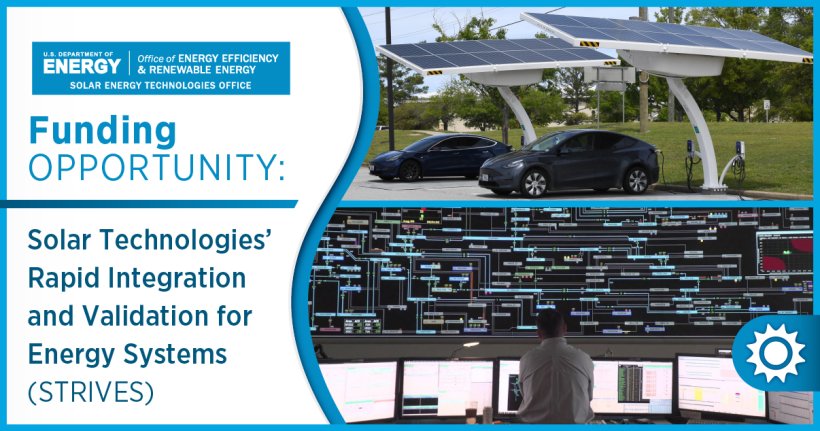

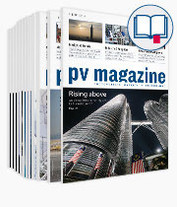
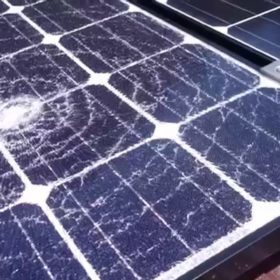
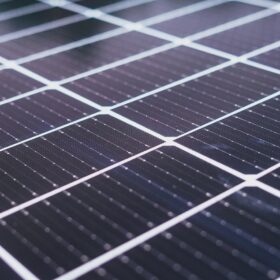
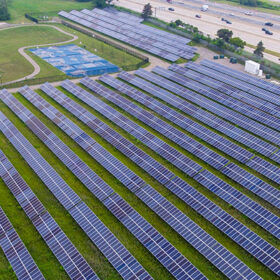
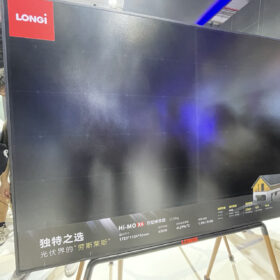
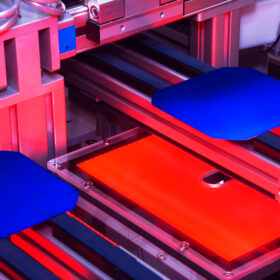
By submitting this form you agree to pv magazine using your data for the purposes of publishing your comment.
Your personal data will only be disclosed or otherwise transmitted to third parties for the purposes of spam filtering or if this is necessary for technical maintenance of the website. Any other transfer to third parties will not take place unless this is justified on the basis of applicable data protection regulations or if pv magazine is legally obliged to do so.
You may revoke this consent at any time with effect for the future, in which case your personal data will be deleted immediately. Otherwise, your data will be deleted if pv magazine has processed your request or the purpose of data storage is fulfilled.
Further information on data privacy can be found in our Data Protection Policy.